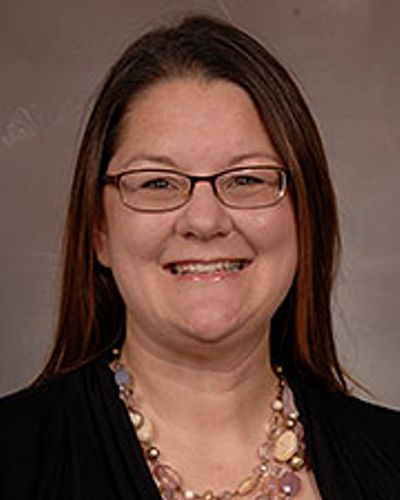Presenter Profile

Sandy McKay, MD, FAAP
Division Chief, Community and General Pediatrics
Director of Population Health and Advocacy
University of Texas Health Science Center at Houston
McGovern Medical School
Children's Memorial Hermann Hospital
Nonresident Fellow, Baker Institute for Public Policy at Rice University
Sandra McKay, MD, FAAP, is an associate professor and Division Chief of Community and General Pediatrics at the University of Texas Health Science Center at Houston (UTHealth). She graduated medical school from the University of Missouri-Columbia and completed her residency at Saint Louis University (SLU)/Cardinal Glennon Children's Hospital. Dr McKay is the Director of Population Health and Advocacy for the Department of Pediatrics and the principle investigator for the Injury Free Coalition for Kids Houston site. Dr McKay is also a nonresident fellow at Rice Unviersity's Baker Institute for Public Policy. Dr McKay has served as a strong advocate for children, and is a past president of the Missouri Chapter of the American Academy of Pediatrics. She is active in the Texas Pediatric Society and serves as the co-chair of the Executive Legislative Committee. She has worked to develop innovative educational programs to improve firearm safety counseling workshops within the clinical encounter and active in advocacy in firearm safe storage. She is a firearm injury prevention researcher, working with firearm retailers in the community on safe firearm storage counseling at point of sale and temporary voluntary firearm storage.
Presentations
The Struggle is Real: Starting and Maintaining a Firearm Safe Storage Program at Your Institution
Isabell Sakamoto, MS, CHES
Lindsay Clukies, MD, FAAP
Sofia Chaudhary, MD
Sandy McKay, MD
Kirsten Bechtel, MD
Best practices from the literature suggest that providing locking and storage devices to parents who are firearm owners is helpful in promoting safe firearm storage, especially during a behavioral health crisis in their child. This may reduce the likelihood of future injury or death from a firearm. However, many children’s hospitals do not have such programs in place. This workshop aims to help participants learn from program managers who have successfully started such programs at their institutions so that barriers and facilitators to program success can be disseminated amongst workshop participants. Additionally, workshop leaders will assist participants in drawing up a preliminary plan to initiate a firearm safety program at their respective institutions.
1. Understand the rationale for programs that provide locking and storage devices to parents who are firearm owners.
2. Develop program goals, values, and mission and identify key messaging to meet the needs of the community/institution.
3. Become familiar with barriers and facilitators to a program initiation within a hospital system (e.g., political, administrative, financial).
4. Determine who your key stakeholders are to initiate and sustain a program.
5. Learn how to engage with legal leadership at your institution.
6. Learn what various distribution mechanisms are available (e.g., community events, patient bedside, outpatient and inpatient settings, Emergency Department, universal hospital screening, at-risk screening).
